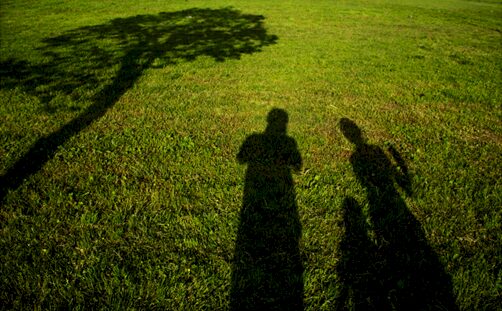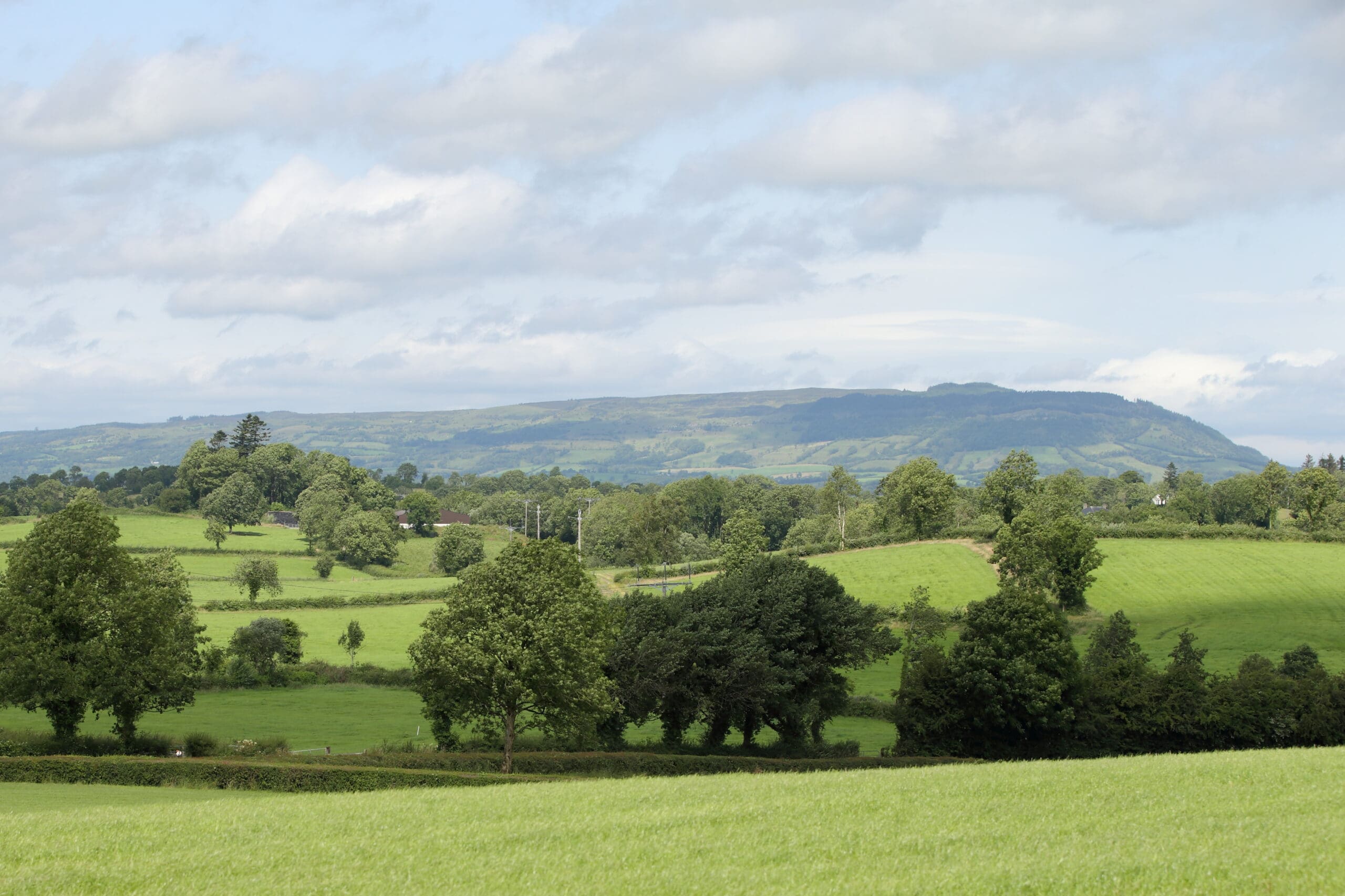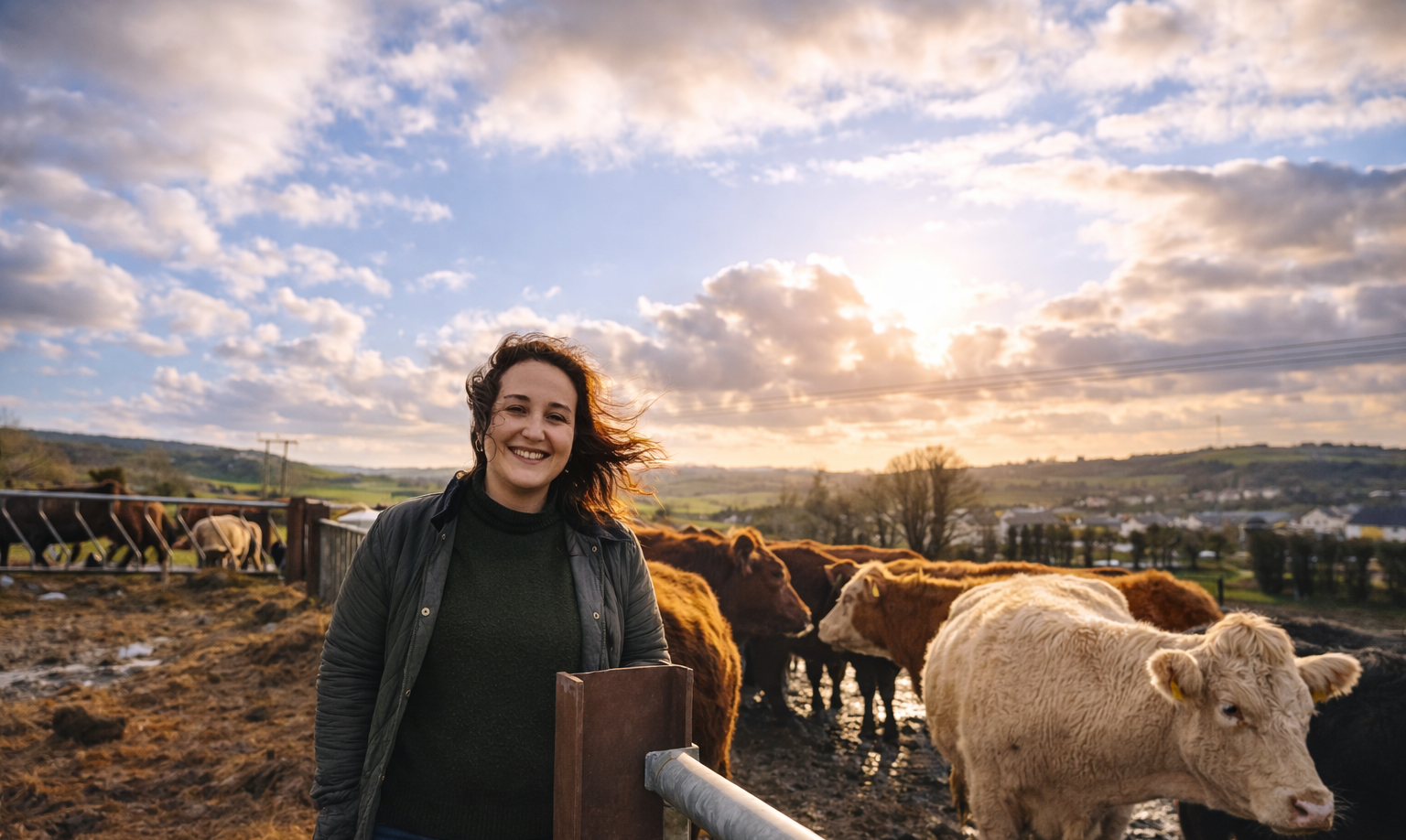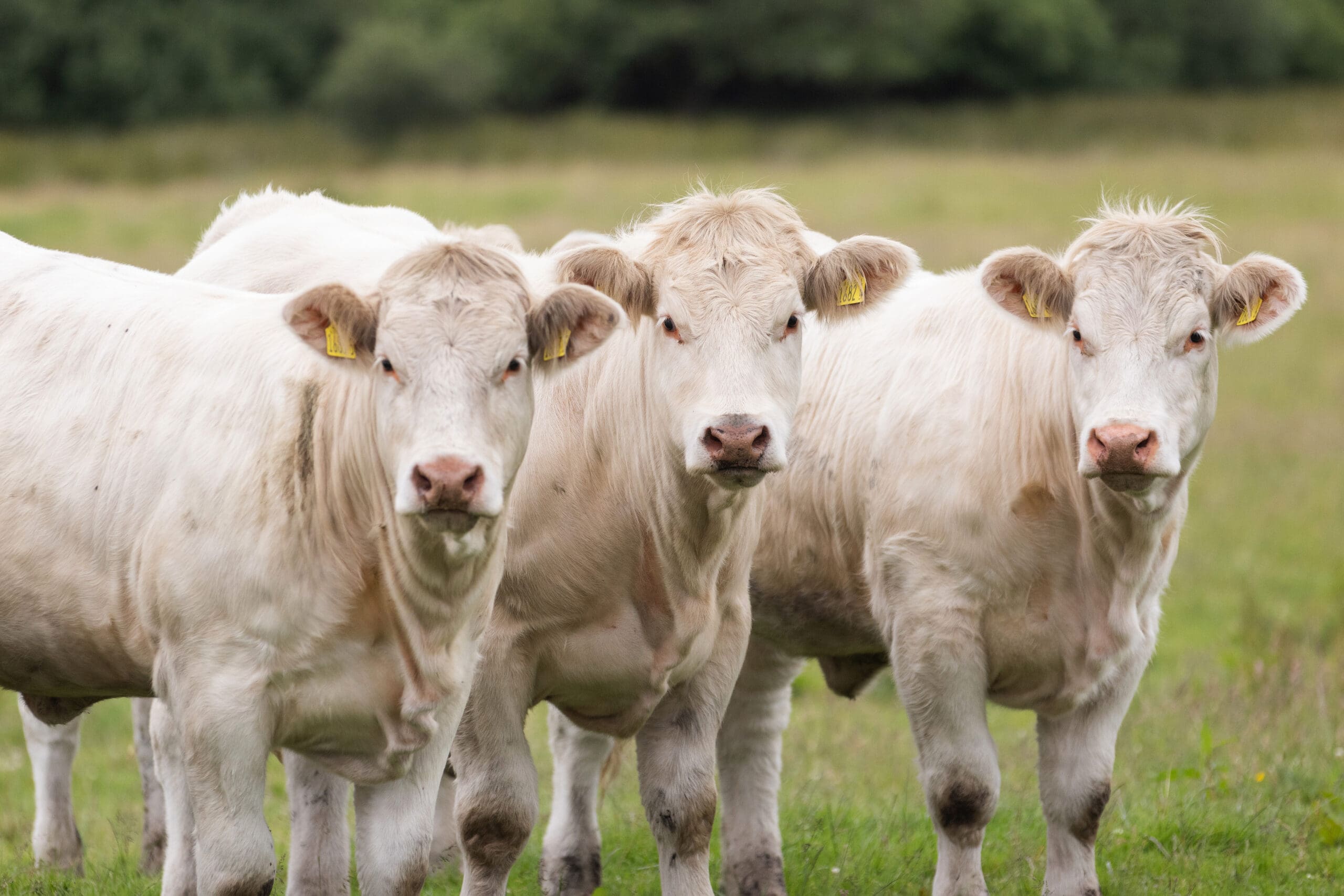
Commodity watch by policy officer Sarah Morrell
Many of us will have noticed drones appearing more often in the media for a mixture of reasons; deliveries of online orders, crop ‘walks’ and surveillance. Whilst it is unlikely to see online orders being delivered by drones in rural areas in Northern Ireland (NI), the countryside has potential for drone use, both by farmers and other connected agencies. However, as with any new technology, increased use brings challenges. For farms and business owners it can bring concerns about privacy as recreational users can unintentionally trespass and worry livestock. In addition, drones have even become another piece of kit in the toolbox for thieves, allowing them to view farmyards from the sky without being seen.
The flying of drones is regulated by the Civil Aviation Authority (CAA) and since the chaos that affected Gatwick airport in 2019, the CAA have been clamping down on irresponsible users. Drones must be flown safely and legally, within the limits of the operating category they are flying in. Conditions and limitations for each flying category are different, and usually depend on the weight of the drone, where and how it will be flown. From 31 December 2020, the Air Navigation Order 2016, was updated and now sets out age restrictions and registration of drone owners. Anyone flying a drone weighing 250g or more, needs to pass a test and receive a flyer ID from the CAA (every five years).
The person in control of the drone should not commit trespass when launching or operating the drone and they must keep the drone in sight at all times whilst flying it. Drones should not be flown withing 50m of people. This includes people in buildings, driving or travelling in a vehicle. The use must also keep at least 150m away from residential, recreational, commercial and industrial areas.
For security reasons, farmers should be vigilant of drones flying over their land, as thieves are now using drone to scout out farm access points and potential items to steal. If you become concerned about a drone flying nearby your farm report your concerns to the PSNI on 101 or 999 if it is an emergency. In the same way they can be used by thieves, the PSNI are also using drones in operations to target thieves and antisocial behaviour in the open countryside.
In certain parts of the UK, drones have become more regularly used in in farming and can be very useful. They are being used to monitor crop health, identify weeds and other problems such as poor establishment. Harper Adams University are even working on a project to see if sheep can be ‘trained’ to follow a drone. For now, we are more than likely going to stick to the traditional methods of gathering sheep in NI, but drones are one of the emerging technologies that we will see more regularly on our farms for good and bad reasons.




